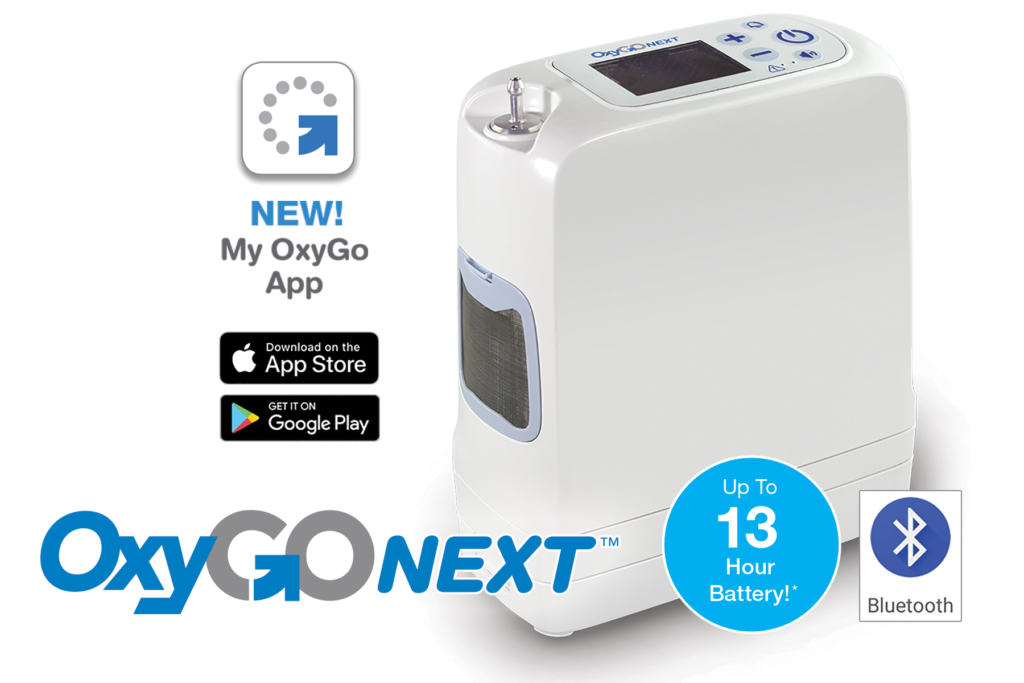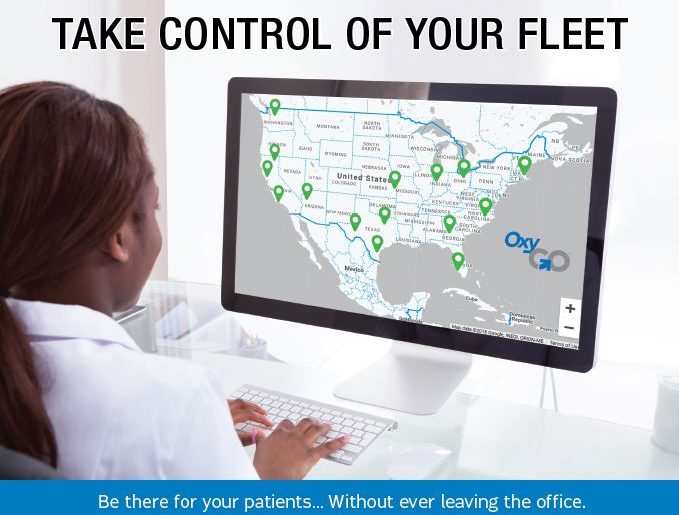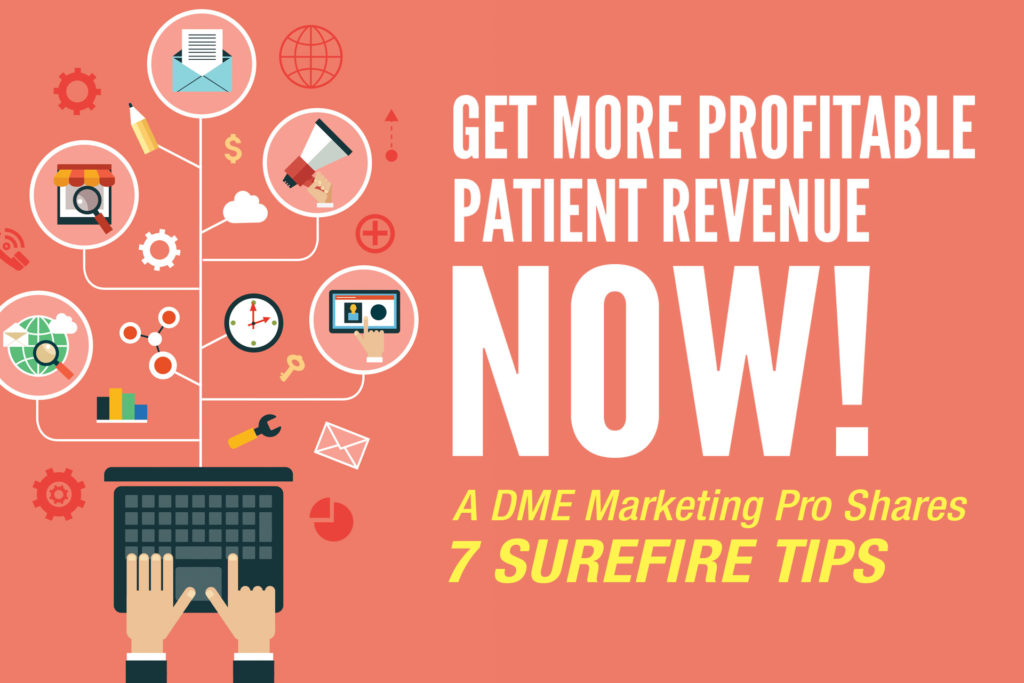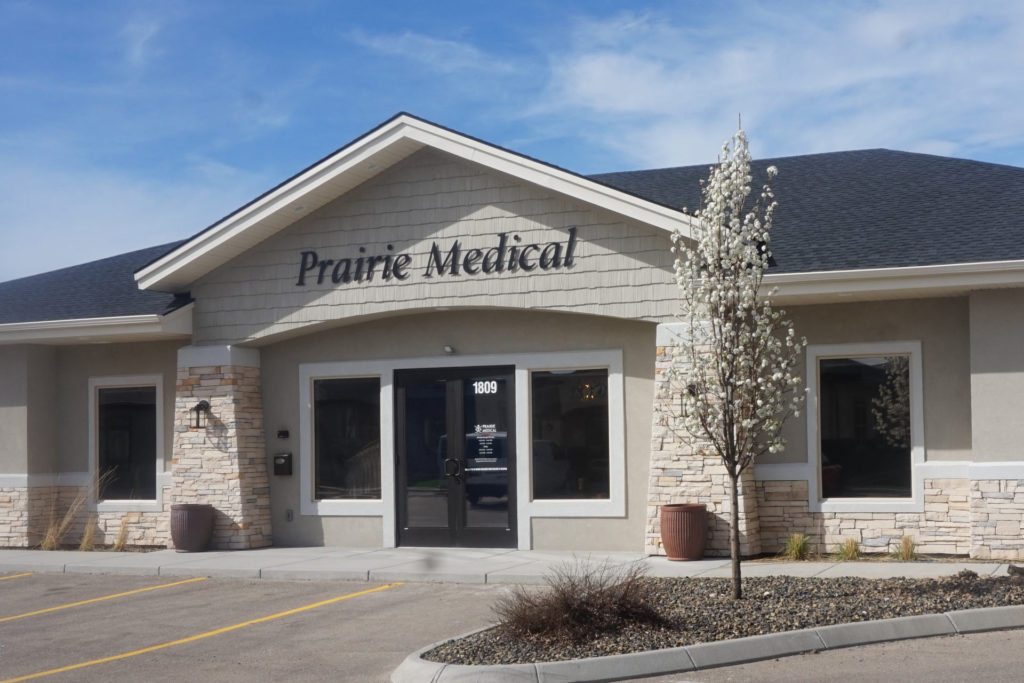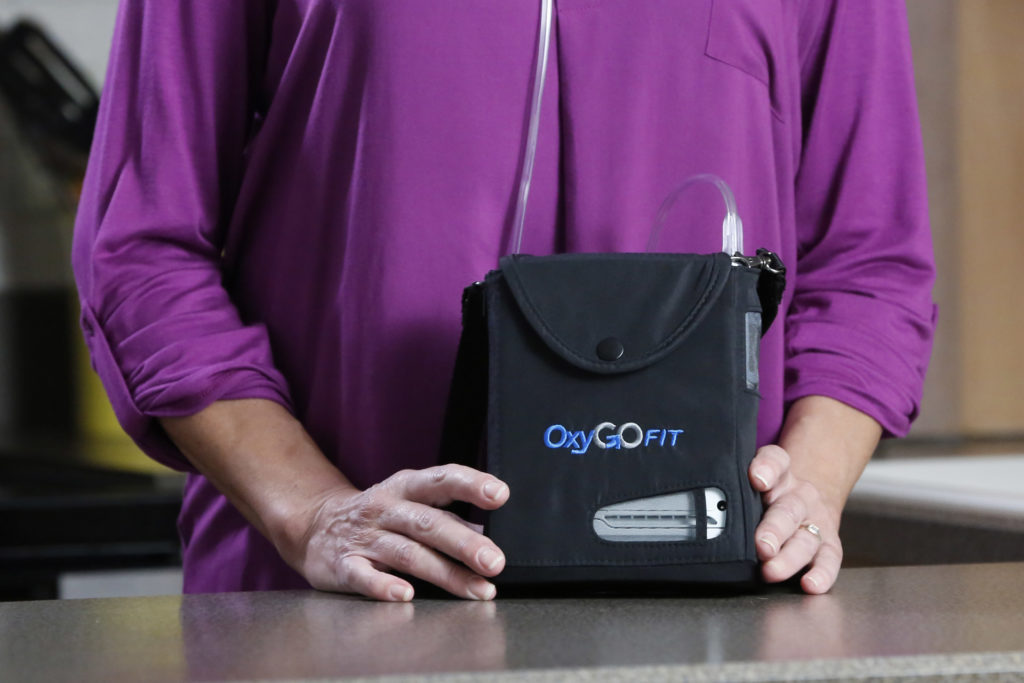Creating a Successful Referral Network

It is no secret that strong, reliable referral sources are crucial to any provider's business. An effective, high-caliber network will give any HME the extra boost to reach its bottom line, establishing a strong reputation and setting your HME apart from the others.
Making sure your customers are satisfied and have positive experiences with your level of service will of course help grow your network. A happy customer will pass along your name to potential prospect, who will then be more likely to reach out to you directly. But while relying on your customers to serve as ambassadors to your business is essential, it is important not to overlook your peers right within the HME community.
Providers who work within a hospital setting have challenges unique their independent counterparts. Because of this, it may be easy for a hospital-based HME provider to feel alone, or feel that their access to resources is limited. This can be especially true of smaller hospital-based HMEs with fewer than 10 providers. However, joining a hospital group network through a group purchasing organization (GPO) can provide much needed support and crucial access to networking understanding performance metrics.
A hospital group network helps to facilitate relationship development and networking. Being a part of a GPO network will help you exchange best practices with other hospital-based HME providers who face the same challenges pertaining to retail, billing, technology, how to increase referrals, education, purchasing, competitive bidding and more. A hospital group network within a GPO also helps the hospital-based provider by specializing in HME products and services while potentially helping to provide a better pricing point. The breadth of resources and sense of community make hospital group networks a smart choice for hospital-based DMEs.
There's another generally-untapped referral resource network that you do not want to overlook: Your own competition. It may seem a bit contradictory at first, but creating professional relationships with other providers is a mutually beneficial way to create and strengthen a network based on a professional partnership to share in business growth. Let's take a step back and look at why advocating for and partnering with other providers in your space can help turn your competitors into colleagues.
As a busy DME provider, it may not be realistic to be everything to every customer you encounter. We all have different specialties, strengths, and areas of focus within our business. Imagine if a new customer came to you based on a referral from a competing provider. Why would he or she have done that, and what does that even mean for you, your competitor, and even this new customer
It turns out that it can be a win-win for everyone, and here's why.
The other provider had a customer with a need—one which he or she could not fulfill as well you could. So you were given this new opportunity based on the reputation that your level of attention, expertise, or service was the best option for that customer. The customer came to you with confidence and with positive expectations, and will likely be more apt to refer others to you as well. By making this referral, your competitor has helped you become more credible in the eyes of the customer and has boosted your reputation and reach within your space.
But where does that idea of “mutual benefit” come into play? That referral will remember that other provider for genuinely putting the customer's interests first, and be likely to share that important information with others as well. Just like you, your competitor's credibility and reputation has also grown.
And lastly, think about your own impression of this competitor. You'll be more likely to take an interest in learning more about them, discovering other synergies that your practices might have down the road. If you come across a situation where you feel another provider might be able to offer more, you'll know who to call on first.
In short, you've become partners. By the simple act of making a referral to another provider, both of your “brands” have benefitted, and most importantly, the customer has benefitted received the best service possible. Leveraging competitors and working together with other providers will ultimately improve overall patient experience and help all parties involved.
As you create and expand upon network of referral sources of all kinds, it is important to keep a few key tips in mind.
- Always listen to your customers so you can truly understand what they need and whether you can provide it for them.
- Focus on the “service” part of customer service. A personal touch will build trust and strengthen your relationship, which will help create more referrals.
- Understand your limits, and avoid spreading yourself too thin. This will help you maintain a quality of service rather than chasing a desired quantity of customers.
- And lastly, take the leap of faith and refer to others when you feel that you cannot provide the level of service that you would like to be known for. This act of good will sets off a ripple effect that will positively affect everyone involved.
So keep an open mind when seeking out the many opportunities that exist as you work to expand your referral network. You will find an increased ability to generate your own leads as well as recognize when it is time to tap into your community.
Top Tips to Winning More Referrals
Have a very good contact relationship management system (CRM) in place to keeptrack of contacts, competitors and prospects.
Be easy to deal with… be flexible… be accessible. Ask your network and partners how they prefer to make a referral and make their life easier by accommodating that request.
Attend local meetings and medical trade shows in your area, and consider advertising in medical journals read by physicians close to your place of business. Become their go-to resource.
RELATED POSTS













